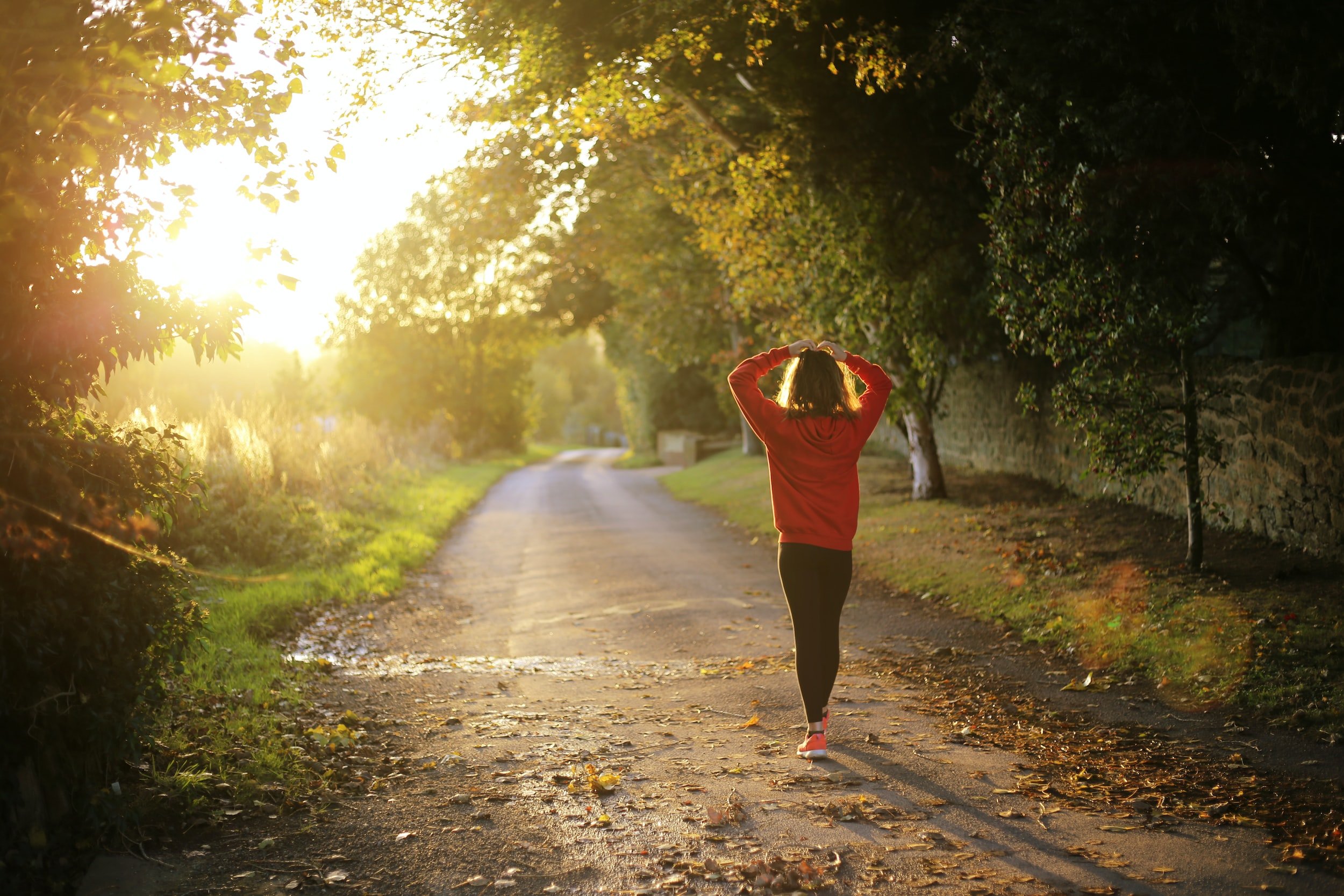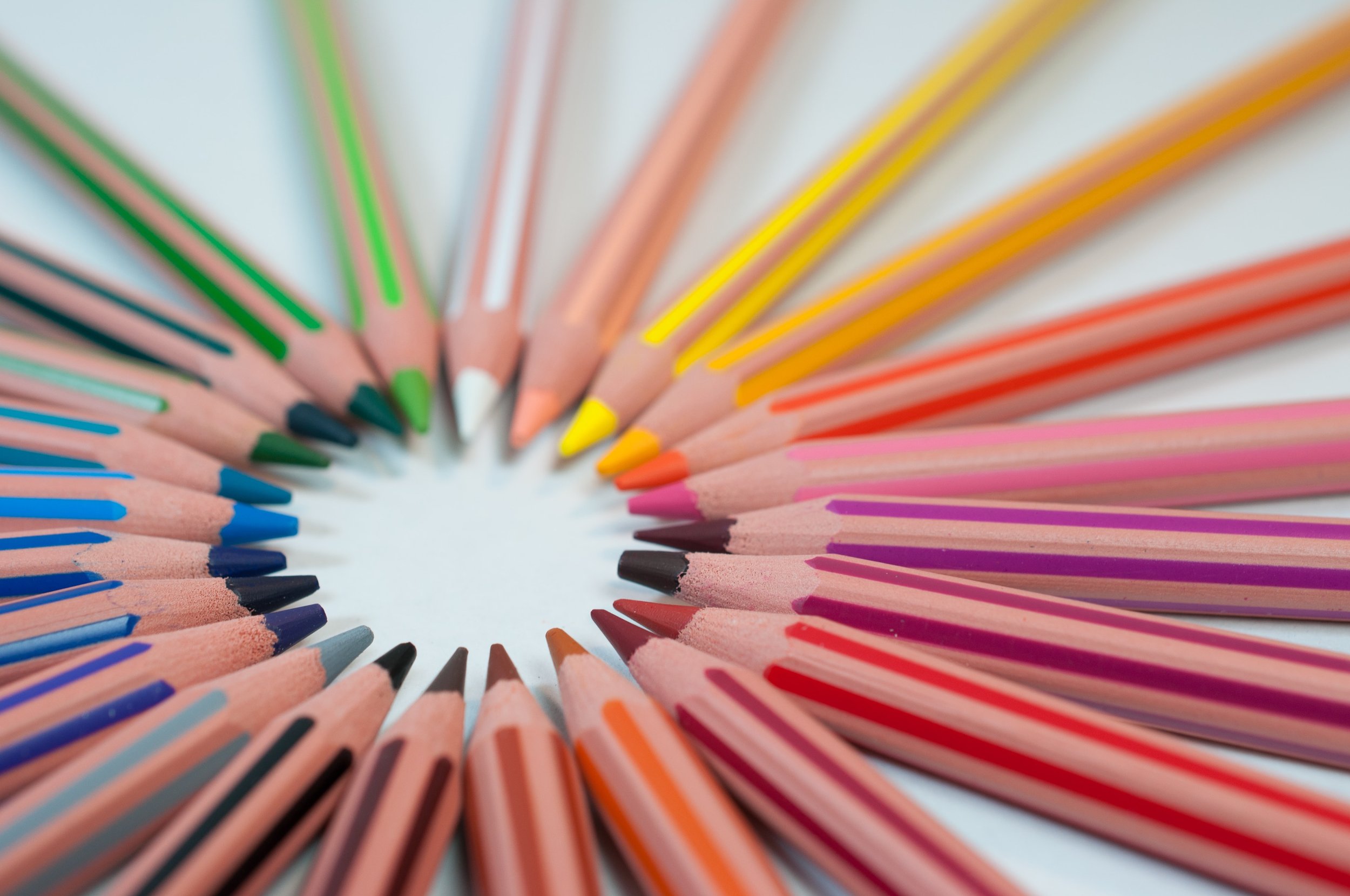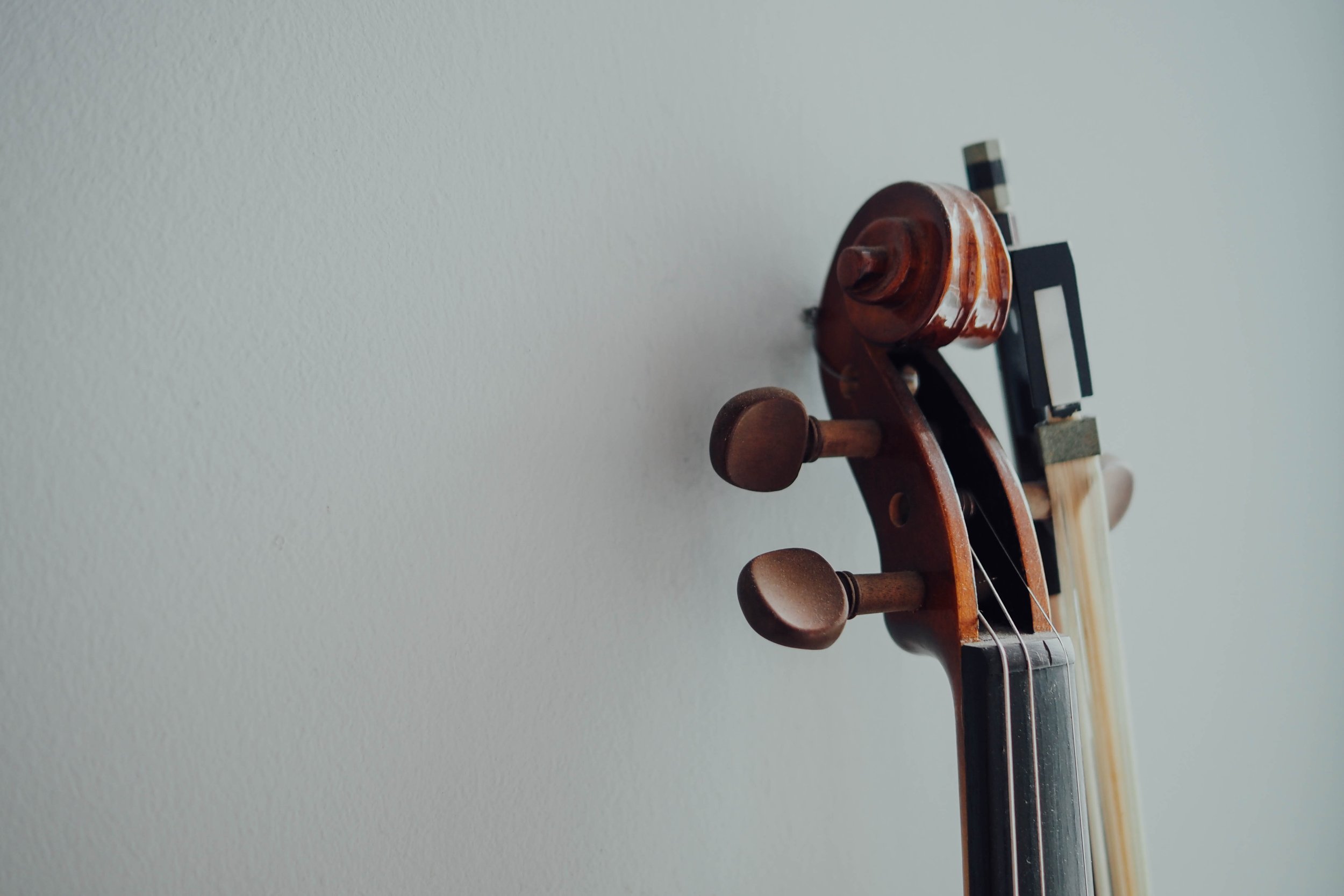Our Work
Our work highlights the research and insights of our community. Share your contributions by collaborating with ASO here. Subscribe to our free newsletter here.

Alexander Technique group lessons in an exercise program for women following treatment for breast cancer: An Interview with Alazne Larrinaga
This month we release an interview with Alazne Larrinaga, an Alexander Technique teacher based in Galway, Ireland. Alazne talks about her MSc research project where she introduced Alexander Technique group lessons into an exercise program for women following treatment for breast cancer.

A New Alexander Technique Publication in the British Medical Journal on Low Back Pain: An Interview with Carolyn Nicholls
This month we release a talk with Carolyn Nicholls about a helpful and first-of-its-kind research project for the Alexander world that achieved publication in the prestigious British Medical Journal in 2021.
Led by Joseph Little, this research paper helps us understand the effects of a combination of Alexander Technique private lessons and group teaching on low back pain and demonstrated significant positive results.

The Healthy Young Musician Project: Alexander Technique Research at the Royal Academy of Music
This month we release a discussion about the Healthy Young Musicians research project carried out at the Junior Royal Academy of Music in the UK. This innovative project involved a series of Alexander Technique group lessons for young musicians at the Academy and included a research study running alongside to assess student change and progress in terms of mindset, health, and well-being. The collaborative approach taken by presenters helps pave the way for greater health in young musicians and demonstrates interdisciplinary collaboration as a modern and positively impactful way to better understand and share the Alexander Technique.

Violin, Science, and the Alexander Technique: An Interview with Researcher Alison Loram and Special Guests
This edition releases a fascinating conversation that lies at the intersection between science, music, and the Alexander Technique. Centered around Alison Loram’s research with violinists titled ‘Proactive Selective Inhibition Targeted at the Neck Muscles: This Proximal Constraint Facilitates Learning and Regulates Global Control’ Gabriella Minnes Brandes leads a discussion that spans personal reflection, technical insight, and rigorous research with three professional musicians: Alison Loram, Joan Blackman, and Domagoj Ivanovic.

Is it time to take stock of Alexander Teacher education? Research offers the means whereby.
Technological advances combined with the Covid-19 pandemic have brought about new practices in AT teaching and teacher education that were unimaginable only a few years ago. This month we release three videos in which Terry Fitzgerald PhD, MAusSTAT shares his insights and thoughts on Alexander Technique teacher training informed by his 2007 doctoral thesis that examined AT teacher education in the first decade of the millennium.

A Technique for Musicians
This month we release a paper written specifically for ASO by Malcolm Williamson (MSTAT). Malcolm played the viola professionally for over twenty years and draws on his extensive knowledge of the writings of F.M. Alexander and others to share his insights from working with students at the Royal Northern College of Music and professional musicians.
“By ‘sticking to principle’, as we say, we gradually and surely develop new ways of being true to ourselves, responding each time in ways that (re-)affirm the integrity of you as a person.”

Psychological and other ‘non-physical’ changes following Alexander Technique lessons
Many AT teachers will tell you that learning and applying the AT is helpful for stress, anxiety, and wellbeing, however until now the research evidence for these types of outcomes has never been put together and highlighted. In this 19th edition, Debbie Kinsey (PhD, ClinPsyD) and Lesley Glover (PhD, MSTAT) help summarise their recently published realist review on psychological and other ‘non-physical’ changes following Alexander Technique lessons.

Finale - Working With Musicians: Application of The Alexander Technique to Music Making Part III
This 18th newsletter is the finale of a series on the Alexander Technique and music making. It includes the final two video interviews between Dr Gabriella Minnes Brandes (CANSTAT, STAT, AMSAT, ATI) and Lorna McGhee, principal flute of the Pittsburgh Symphony Orchestra, adjunct music professor at Carnegie Mellon University, and Alexander Technique student.

Working With Musicians - Application of The Alexander Technique to Music Making Part II
This 17th newsletter continues a fascinating series on the Alexander Technique and music making. It includes the first two video interviews of a four part series between Dr Gabriella Minnes Brandes (CANSTAT, STAT, AMSAT, ATI) and Lorna McGhee, a professional musician, adjunct music professor at Carnegie Mellon University, and Alexander Technique student.

Working With Musicians - The Application of The Alexander Technique to Music Making Part I
This 16th edition of the Alexander Studies Online (ASO) newsletter is the first of a series of blogs that focuses on the Alexander Technique and music making. This month begins with an introductory video, and a paper by Dr Gabriella Minnes Brandes (CANSTAT, STAT, AMSAT, ATI) that includes three video interviews between Gabriella and Jennifer Condie, a musician and Alexander Technique pupil of Gabriella’s.

One year into the Alexander Studies Online project - how are we doing?
In this 15th edition of the Alexander Studies Online (ASO) newsletter we reflect on a year of progress and learning, think about next steps for the year to come, and reach out you - the ASO community - for your thoughts.
Archive
-
2026
- Jan 3, 2026 Applying the Alexander Technique in Dentistry: A Conversation with Dr Anikó Ball Jan 3, 2026
-
2025
- Dec 6, 2025 ASO Annual Review - 2025 Alexander Technique Research & Insights Dec 6, 2025
- Nov 1, 2025 Alexander Technique and Trauma: Exploring the Intersection Nov 1, 2025
- Oct 4, 2025 Hands, Wrists, Fingers; Mind, Heart, Soul Oct 4, 2025
- Sep 6, 2025 Psychotherapy, Counselling, and Alexander Technique Teaching: An Interview with Brigitta Mowat Sep 6, 2025
- Jul 12, 2025 Connected Conversations: Psychotherapy and the Alexander Technique Jul 12, 2025
- Jun 7, 2025 Capturing Well-being Outcomes: The Warwick Holistic Health Questionnaire and Its Relevance to Alexander Practice Jun 7, 2025
- May 3, 2025 Connected Conversations: Exploring the Space Between – Alexander Technique and Craniosacral Therapy Practice May 3, 2025
- Apr 5, 2025 Alexander Technique, Gender, and Embodied Empowerment Apr 5, 2025
- Mar 4, 2025 Rethinking The Science of Muscle Tone - Part II Mar 4, 2025
- Feb 4, 2025 Rethinking The Science of Muscle Tone - Part I Feb 4, 2025
- Jan 7, 2025 Bridging Practice and Research: Insights for Alexander Technique from Acupuncture Care and Research Jan 7, 2025
-
2024
- Dec 3, 2024 ASO Annual Review - 2024 Alexander Technique Research & Insights Dec 3, 2024
- Nov 5, 2024 Capturing Experience: Exploring Self-Report Measures in Alexander Technique Research Nov 5, 2024
- Oct 1, 2024 Exploring the Wisdom of Senior Teachers: Ruth Rootberg on 'Living the Alexander Technique’ Oct 1, 2024
- Sep 3, 2024 Putting the body back into prayer Sep 3, 2024
- Jul 2, 2024 Time as an element in the curriculum at The Royal College of Music Jul 2, 2024
- Jun 4, 2024 Part II - How can learning and using the Alexander Technique enable us to reduce and better manage chronic pain? Jun 4, 2024
- May 7, 2024 How can learning and using the Alexander Technique enable us to reduce and better manage chronic pain? May 7, 2024
- Apr 2, 2024 In Conversation: Regina Stratil's Path to Uncovering Irene Tasker's Story Apr 2, 2024
- Mar 5, 2024 How Alexander Technique lessons can help family carers - Part II Mar 5, 2024
- Feb 6, 2024 Partnering with Poise – Research into how Alexander Technique lessons can help family carers Feb 6, 2024
- Jan 2, 2024 Acoustic and Perceptual Effects of Alexander Technique Lessons Jan 2, 2024
-
2023
- Dec 5, 2023 A Year of Exploration: Annual Review & Research Discoveries Dec 5, 2023
- Nov 7, 2023 Restoring carers to themselves through the Alexander Technique Nov 7, 2023
- Oct 3, 2023 Opera and Alexander Technique: What are the connections? Oct 3, 2023
- Sep 5, 2023 An Interview with Monika Gross: Alexander Technique Research & Collaboration Sep 5, 2023
- Jul 4, 2023 Why research the Alexander Technique? Jul 4, 2023
- Jun 6, 2023 Soma in the City: How does listening and responding to a ‘somatic podcast’ drawing on the Alexander Technique, affect one’s relationship with urban space? Jun 6, 2023
- May 2, 2023 Why have a curriculum for an experiential practice? May 2, 2023
- Apr 4, 2023 Lighten Up! A conversation with Rajal Cohen - Part II Apr 4, 2023
- Mar 7, 2023 Lighten Up! A conversation with Rajal Cohen - Part I Mar 7, 2023
- Feb 7, 2023 Embodied practices, the Alexander Technique, and self-compassion: An interview with Lisa Harris Feb 7, 2023
- Jan 3, 2023 ‘What on earth do we do with this data?’ Two experiences of writing up research for publication Jan 3, 2023
-
2022
- Nov 1, 2022 Alexander Technique group lessons in an exercise program for women following treatment for breast cancer: An Interview with Alazne Larrinaga Nov 1, 2022
- Oct 4, 2022 A New Alexander Technique Publication in the British Medical Journal on Low Back Pain: An Interview with Carolyn Nicholls Oct 4, 2022
- Sep 6, 2022 The Healthy Young Musician Project: Alexander Technique Research at the Royal Academy of Music Sep 6, 2022
- Aug 2, 2022 Violin, Science, and the Alexander Technique: An Interview with Researcher Alison Loram and Special Guests Aug 2, 2022
- Jul 5, 2022 Is it time to take stock of Alexander Teacher education? Research offers the means whereby. Jul 5, 2022
- Jun 7, 2022 A Technique for Musicians Jun 7, 2022
- May 3, 2022 Psychological and other ‘non-physical’ changes following Alexander Technique lessons May 3, 2022
- Apr 5, 2022 Finale - Working With Musicians: Application of The Alexander Technique to Music Making Part III Apr 5, 2022
- Mar 1, 2022 Working With Musicians - Application of The Alexander Technique to Music Making Part II Mar 1, 2022
- Feb 1, 2022 Working With Musicians - The Application of The Alexander Technique to Music Making Part I Feb 1, 2022
- Jan 4, 2022 One year into the Alexander Studies Online project - how are we doing? Jan 4, 2022
-
2021
- Dec 7, 2021 How Women Use The Alexander Technique In The First Year After Birth Part III Dec 7, 2021
- Nov 2, 2021 How Women Use The Alexander Technique In The First Year After Birth Part II Nov 2, 2021
- Oct 5, 2021 How Women Use The Alexander Technique In The First Year After Birth Oct 5, 2021
- Sep 7, 2021 Building a new, open-access database of Alexander Technique research. Sep 7, 2021
- Aug 3, 2021 Looking both ways: A new teacher’s perspective on uncertainty Aug 3, 2021
- Jul 20, 2021 ATLAS commentary Parts III and IV Jul 20, 2021
- Jul 6, 2021 ATLAS commentary Parts I and II Jul 6, 2021
- Jun 1, 2021 Potential Mechanisms of the Alexander Technique: Toward a Comprehensive Neurophysiological Model Jun 1, 2021
- May 4, 2021 ATEAM Commentary Part II May 4, 2021
- Apr 5, 2021 ATEAM Commentary Part I Apr 5, 2021
- Mar 2, 2021 Learning from People Living with Parkinson’s Disease: Ten tips from the field Mar 2, 2021
- Feb 2, 2021 Disciplined inquiry and the Alexander Technique teacher: What is it, why do it? Feb 2, 2021
- Jan 27, 2021 Pt. II of Supporting People with Dementia: a Role for Alexander Technique Teachers? Jan 27, 2021
- Jan 27, 2021 Pt. I of Supporting People with Dementia: a Role for Alexander Technique Teachers? Jan 27, 2021
- Jan 5, 2021 The ASO Newsletter - 2nd edition Jan 5, 2021
-
2020
- Dec 1, 2020 The ASO Newsletter - 1st edition Dec 1, 2020
- Oct 18, 2020 Welcome: An Overview of ASO Oct 18, 2020